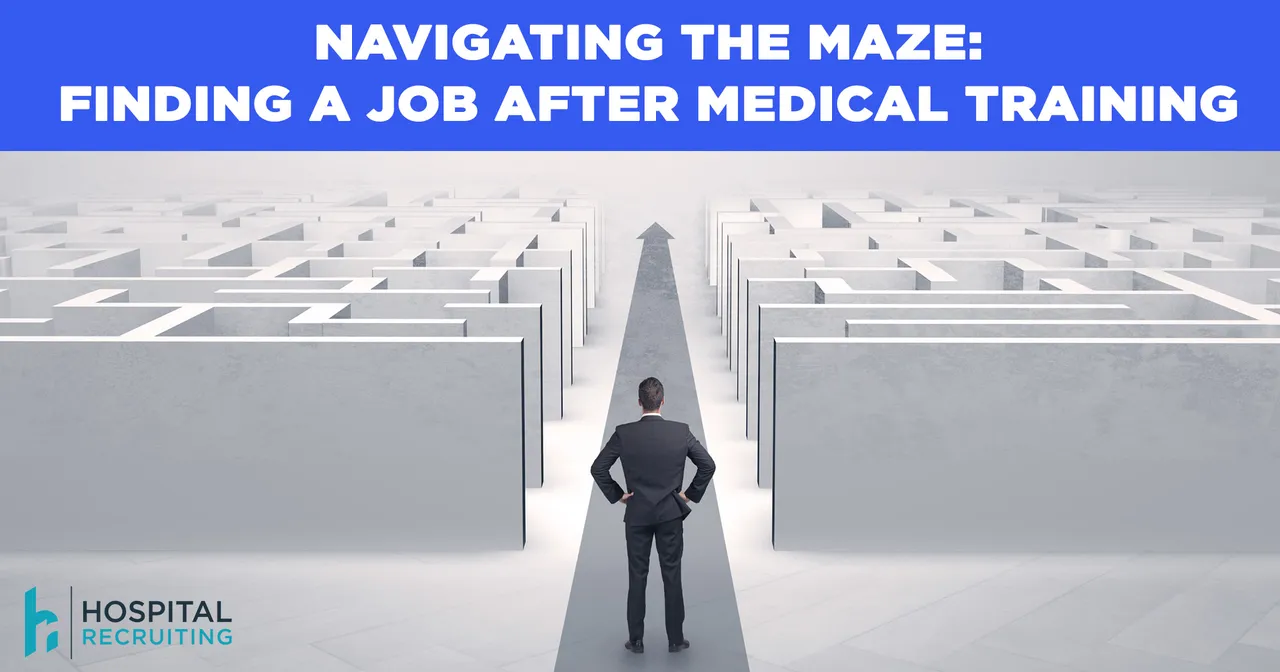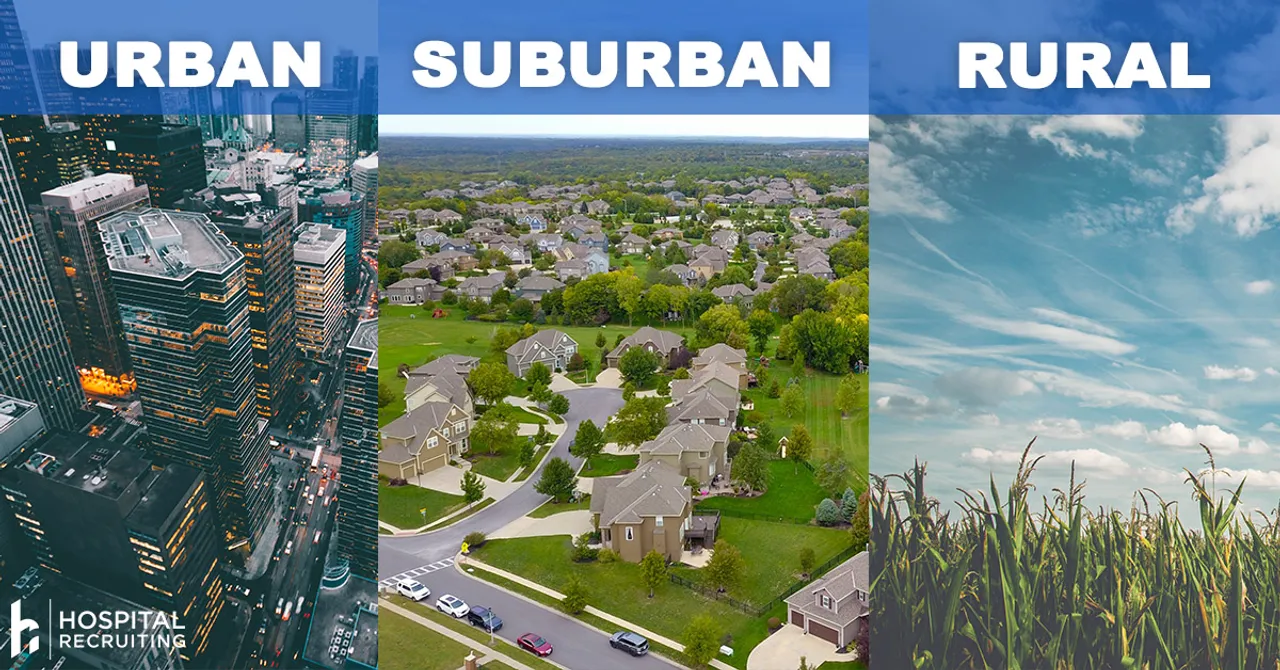Finding a Job after Medical Training: Navigating the Maze

Congratulations! You've survived the grueling and long years of medical school, residency, and fellowship. Now, it's time to take a deep breath and embark on the exciting quest of finding your first “big attending” job. Trust me, I get it. It can be overwhelming, confusing, and downright nerve-wracking. Here are some tips (that I wish I had) to help guide you through this maze and make an informed decision.
#1. Location, Location, Location

Let's start with the location. Do you see yourself thriving in the hustle and bustle of a big city, embracing the slower pace of a smaller town, or immersing yourself in the tranquility of a rural setting? Each option has its own unique pros and cons. Big cities offer a plethora of resources, specialized care, and referral opportunities. However, they often come with a hefty price tag and a fast-paced lifestyle. On the other hand, smaller towns and rural areas provide a more laid-back atmosphere and a lower cost of living. Just keep in mind that you might have to trade off some of the resources and specialized care available in urban centers.
#2. Costs

Speaking of costs, let's not forget the all-important factor of the dollar. As you embark on your professional journey, it's crucial to strike a balance between your living expenses, family commitments, and work responsibilities. Are you starting a family? Well, brace yourself for the joys (and costs) of child care and other family-related expenses. Make sure to evaluate whether the salary being offered will be enough to cover these costs and provide the financial stability you desire.
#3. Academic vs. Community hospital vs. Private practice

Now, let's dive into the great academic versus community hospital versus private practice debate. I recently made the leap from an academic center to working in community hospitals, so I've got some insight to share. Academic centers offer the thrill of teaching, engaging in research, and pursuing your academic interests. The downside? The pay might not be as high as what you'd find in community hospitals or private practices. But hey, if you're passionate about academia and have a burning desire to mold the next generation of medical professionals, it might be worth the trade-off. On the other hand, community hospitals and private practice tend to pay more, might not provide the same level of teaching and research opportunities. Consider factors like on-call hours, the size of the medical group you'll be working with, and the availability of referral networks when making your decision.
#4. Pay

You've invested years of blood, sweat, and tears into your medical training, so naturally, you want to know what's waiting for you at the end of the rainbow. Pay scales can vary widely, so it's essential to understand how you'll be compensated. Some positions use a system based on Relative Value Units (RVUs), which measures the complexity and intensity of the services you provide. Keep your eyes peeled for bonuses too! Some employers offer incentives based on individual or group productivity. But don't forget to assess the amount of clinic and service time you'll need to put in. Is it sustainable in the long run? Nobody wants to burn out in their first job. Also, find out if there's a base pay and whether you'll have to meet certain patient quotas to maintain it. And let's not overlook relocation bonuses, sign-on bonuses, and the time it'll take to get credentialed. These can make a big difference in your overall financial package.
#5. Contracts

When it comes to contracts, read the fine print! Non-compete clauses can be a thorn in your side, restricting your ability to work in specific areas or within certain time frames. Nobody wants to feel trapped, so pay close attention to the length of commitment required and the notice period you'll need to give if you decide to move on. Oh, and don't forget to check if there are any restrictions on engaging in independent contractor work (1099 work). You might want to explore other opportunities and diversify your income down the line. Lastly, please get a contract lawyer to review your contract.

Oh, and here's a little secret: your first job probably won't be your last. Many doctors, myself included, make career pivots along the way. So, my best advice is to take a step back, weigh all the factors we've discussed, and choose the job that feels right for you at this moment in your life. Remember, you can always pivot later if needed. There's no shame in adapting your career path as you grow and evolve.
So, my fellow attendings, take a deep breath and dive into the job search process. Consider the location, balance your finances, ponder the pros and cons academic versus community hospital vs private practice, find a lawyer to help you with the nitty-gritty of pay scales and contracts, and above all, stay flexible.
You've got this! I can't wait to see you thrive in your chosen field. Happy hunting!
Related Posts
